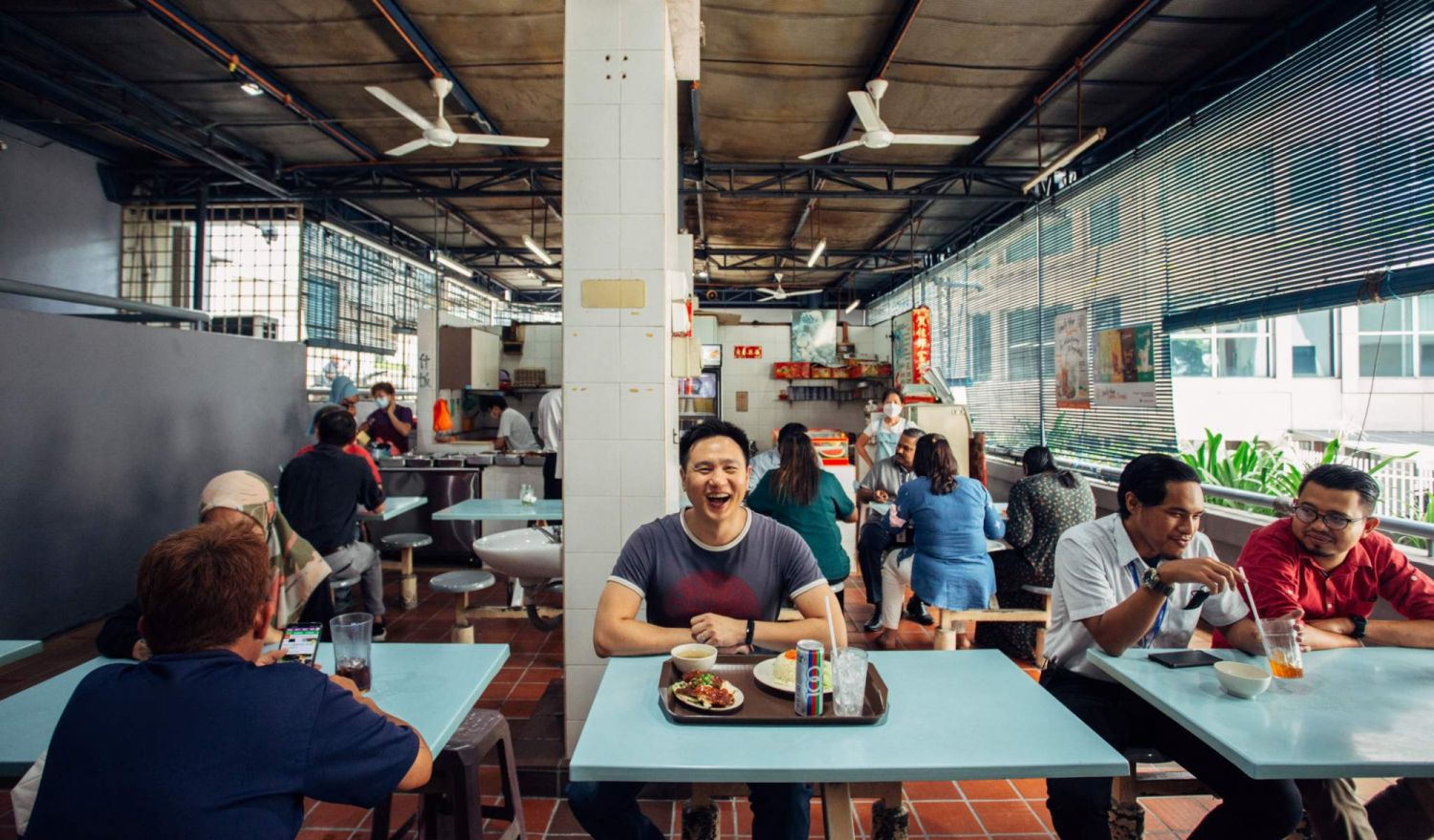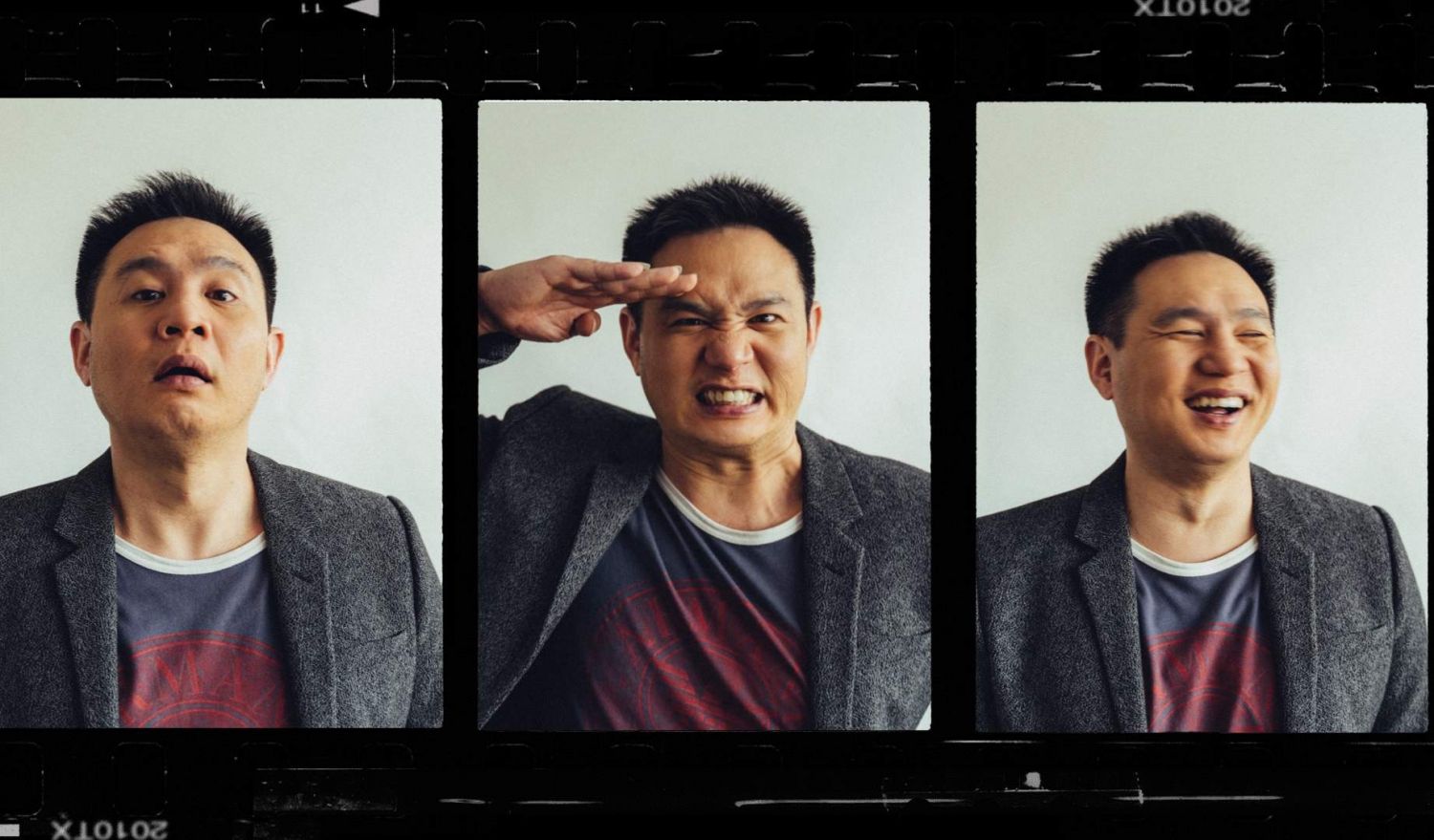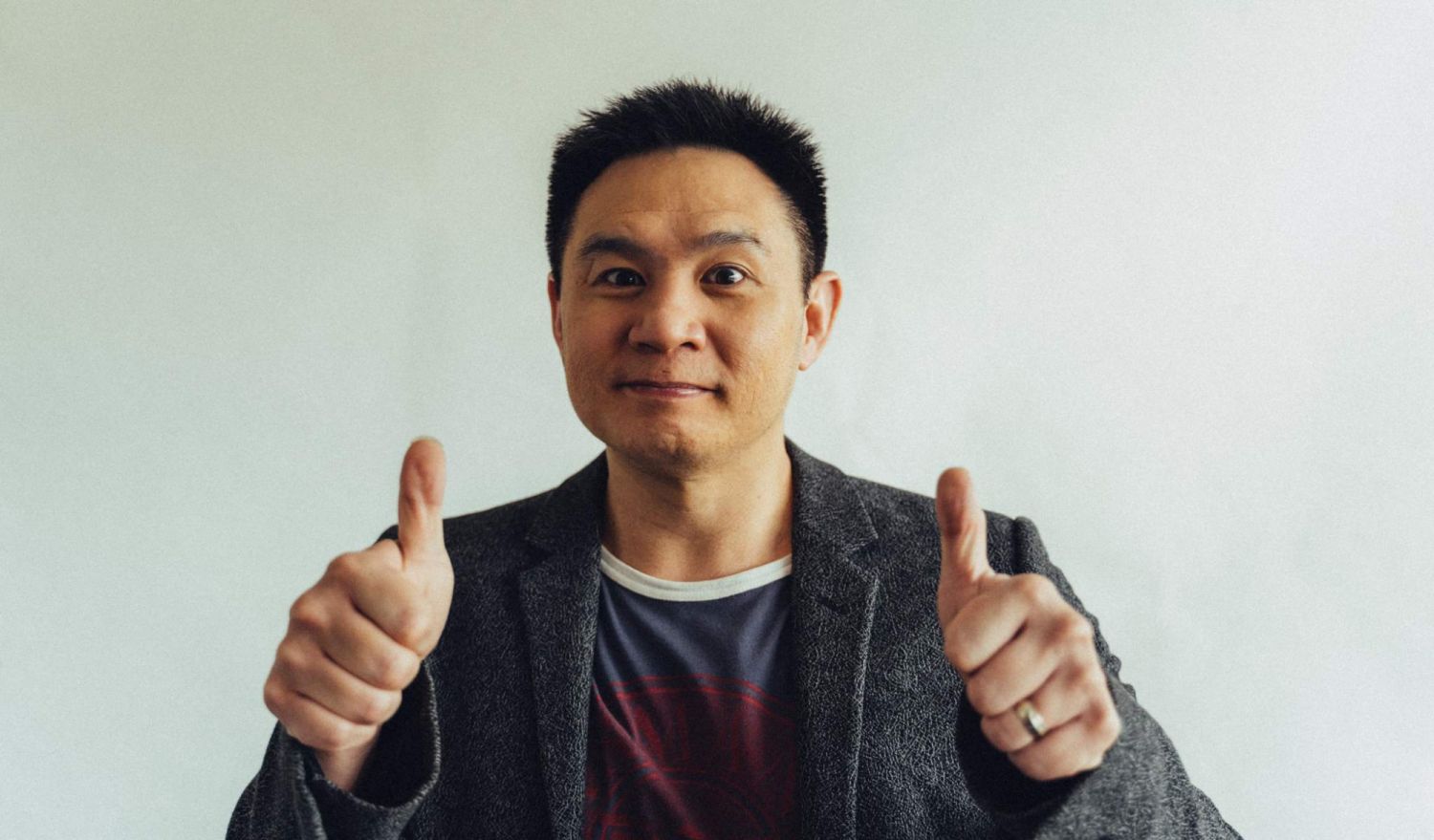The King of Malaysian comedy and parody gives Tatler the lowdown on his journey as an entertainer, dealing with depression, and how he pivoted during difficult times
There's the Jack of all trades, then there's Douglas Lim. A household name for comedy, the Asia's Most Influential honouree had the honour of representing Malaysia on the global stage when he performed at the Melbourne International Comedy Festival (MICF) Gala, a defining moment in Lim's career as an entertainer. "The Gala is where they only pick a handful. When I say 'handful', it’s about 20 comedians performing a two-hour show," he says.
"During the festival, there are over 800 acts so we get about five minutes each. Being selected as one of them is a big deal and getting the laugh... because I had been doing comedy in Malaysia for so long already, sometimes I question myself, 'Am I that funny? Or are people just letting me win?'"
Read more: Funny Story: The Lighter Side Of Life With Comedian Douglas Lim
"Going there, performing to about 600 people in that theatre who don’t know who I am, and getting the laugh within my first joke and having them with me and laughing along and talking about that performance. That was vindication and a really nice reminder that I’m still funny! Even the Mat Salleh who didn't know me were also laughing."
Unbeknownst to many, Lim actually grew up in an airforce base because his father was a helicopter pilot with the Malaysian airforce. This meant strict discipline always, a polar opposite of the funny he now surrounds himself with. "We moved around a bit because as airforce people do, they move around to where they're based," he shares.
"Eventually, we came to Kuala Lumpur and I went to school there. I was in this 'hawker children school' or as they call it, Sekolah Kebangsaan Jalan Pasar. A lot of hawkers would send their children there so all my friends were all like the mee kari sellers, chicken rice sellers, pork sellers, and all that. But I made some really good friends there! Then, I studied in Victoria Institution before going to a teacher's training college where I got my degree in teaching English as a second language."
See also: Asia's Most Influential: Nigel Ng on Taking Life in Stride and With a Barrel of Laughs
"I started my career in entertainment as a singer-songwriter first. That didn’t really pan out, it didn’t really go far. Some people aren't meant to be like Yuna lah, what can I say? Luckily, I got an opportunity in a sitcom called Kopitiam and of course, some theatre projects by the Actor’s Studio as well. From there, I decided to do comedy loh."




